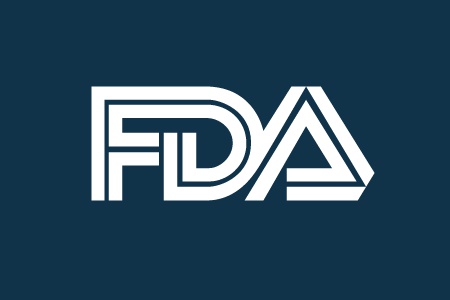Phenylephrine (PE), a common ingredient in oral nasal decongestants, may provide no more relief for stuffy noses than a placebo, according to the unanimous decision of the U.S. FDA expert panel. In Nigeria, PE is available in several cough & cold combination products namely:
– Phenylephrine + Chlorphenamine +/- Paracetamol
– Phenylephrine + Chlorphenamine + Dextromethorphan
– Phenylephrine + Dextromethorphan + Paracetamol
– Phenylephrine + Guaifenesin + Paracetamol
Phenylephrine gained prominence in over-the-counter decongestants after pseudoephedrine, an older ingredient, was moved behind pharmacy counters due to its potential for illegal processing to methamphetamine. Phenylephrine became the leading over-the-counter alternative, labeled as “PE.”
The FDA’s re-evaluation was triggered by researchers from the University of Florida, who petitioned for the removal of phenylephrine products based on recent studies showing their ineffectiveness compared to placebo pills in patients with cold and allergy congestion. These researchers previously challenged the drug’s efficacy in 2007, but it remained on the market pending further research, as recommended by FDA experts at the time.
This time, the FDA panel of 16 members unanimously concurred that current evidence does not support the drug’s effectiveness. The panel echoed the findings of an FDA scientific review published before the meeting, which identified significant flaws in the small studies from the 1960s and 1970s that originally led to phenylephrine’s approval. These studies used outdated statistical and research techniques no longer endorsed by the agency.
Moreover, three more recent and rigorously conducted studies, conducted by Merck and Johnson & Johnson after 2016, found no discernible difference between phenylephrine medications and placebos in relieving congestion.
FDA reviewers believe that their latest assessment reflects new insights into how quickly phenylephrine is metabolized when taken orally, resulting in only trace levels reaching nasal passages to alleviate congestion. The drug appears to be more effective when applied directly to the nose in the form of sprays and drops.
Alternative remedies are available: Some nasal decongestants, such as sprays containing phenylephrine, can still be effective for short-term use. Other options include nasal saline rinses, humidification, drinking water and honey. Consumers should consult their pharmacists for the best advice.
Sources:
- American Pharmacists Association. FDA advisers say oral phenylephrine is not effective as a nasal decongestant [Internet]. 2023 Sep 13 [cited 2023 Sep 14]. Available from: https://www.pharmacist.com/CEO-Blog/fda-advisers-say-oral-phenylephrine-is-not-effective-as-a-nasal-decongestant
- Popular nasal decongestant doesn’t actually relieve congestion, U.S. FDA experts say [Internet]. Medical Post. 2023 Sep 12 [cited 2023 Sep 14]. Available from: https://www.canadianhealthcarenetwork.ca/ (login required)

